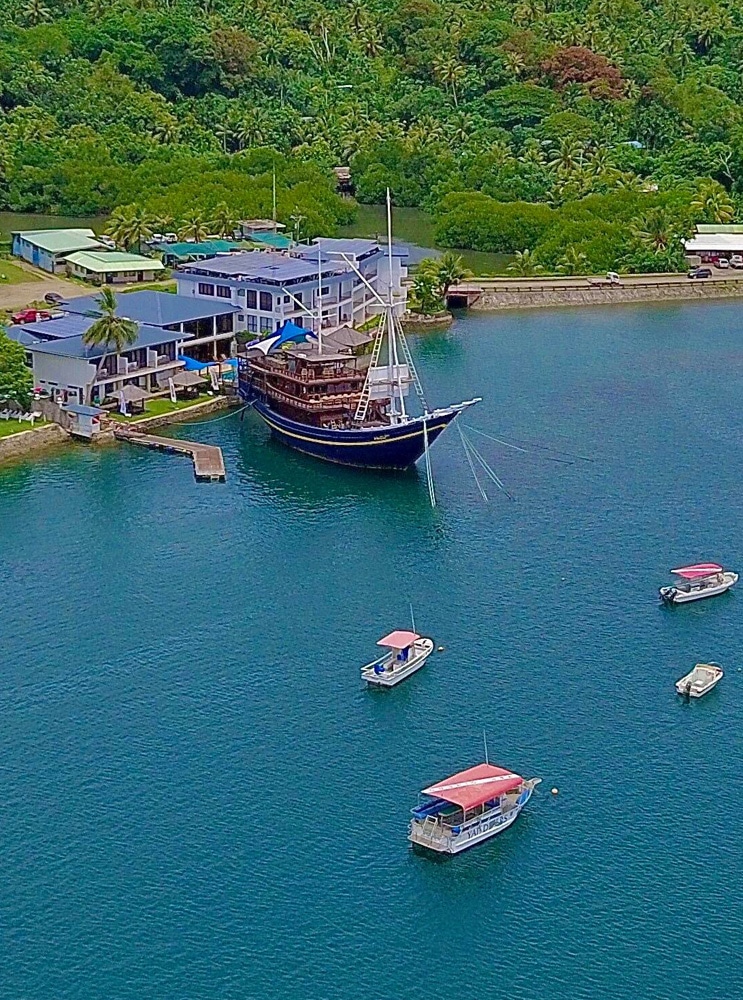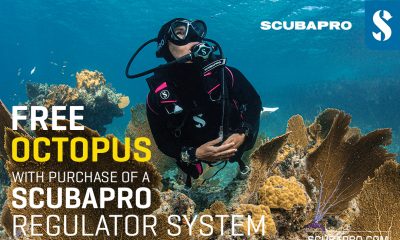News
Frontline workers honoured with free dive trip to Yap
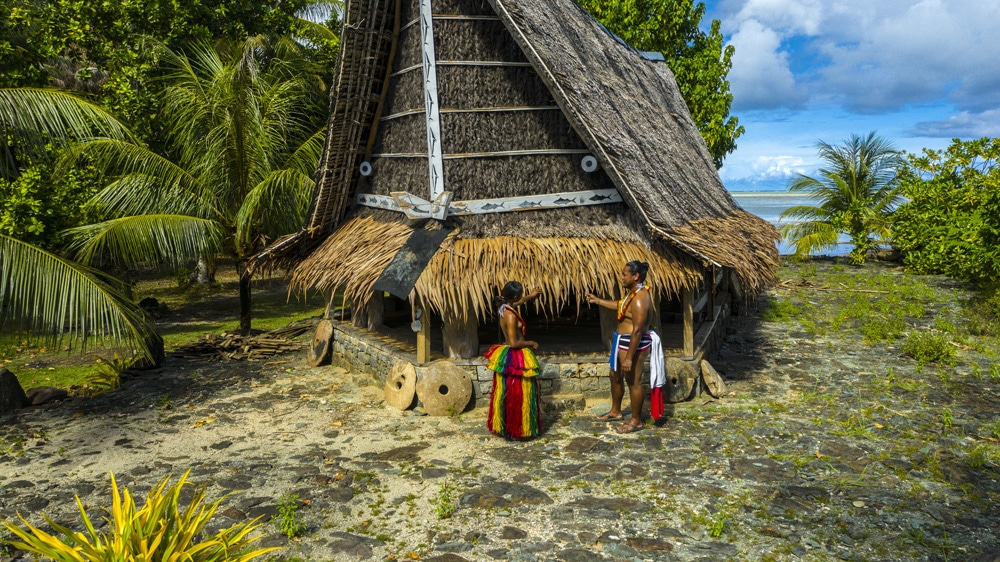
 The remote island of Yap in the Federated States of Micronesia is among the few places in the world that remains free of Covid-19 thanks to its ocean border and a strict travel ban that has kept its residents safe.
The remote island of Yap in the Federated States of Micronesia is among the few places in the world that remains free of Covid-19 thanks to its ocean border and a strict travel ban that has kept its residents safe.
Nonetheless, Yap has been affected, too. As one of the world’s premier, award-winning destinations for divers, this paradisiacal location in the western Pacific Ocean has had no outside visitors to its rich shores and reef for nearly a year. But while there may be no virus, the island hasn’t been cut off from the economic impact experienced around the globe.
That didn’t stop Bill Acker, CEO and founder of the Manta Ray Bay Resort and Yap Divers, from doing something, though.
Last March, soon after the island went into lockdown, Bill began to realize the effect of the virus on daily life beyond the island. “Yes, we are closed, have no divers, had to send our employees home and prepare for difficult times,” he said. “But we’re lucky in that we have, for the most part, avoided the human suffering and death this pandemic has caused.”
Thinking about the problems faced by his family business, they paled when he compared them to those endured by the healthcare workers who have been fighting selflessly around the clock for months on end for the well-being and lives of others.
“One evening, while checking the news online, I saw pictures of frontline workers who were tending to desperately ill and dying people when families and friends could not be with their loved ones. It was heartbreaking,” he added.
The next day, a meeting was held with the resort’s staff and Bill invited suggestions for ways they could do something to honor healthcare workers. The result was the idea to award twenty divers who are working on the frontline to save other’s lives during this pandemic while risking their own, with a free week at the resort.
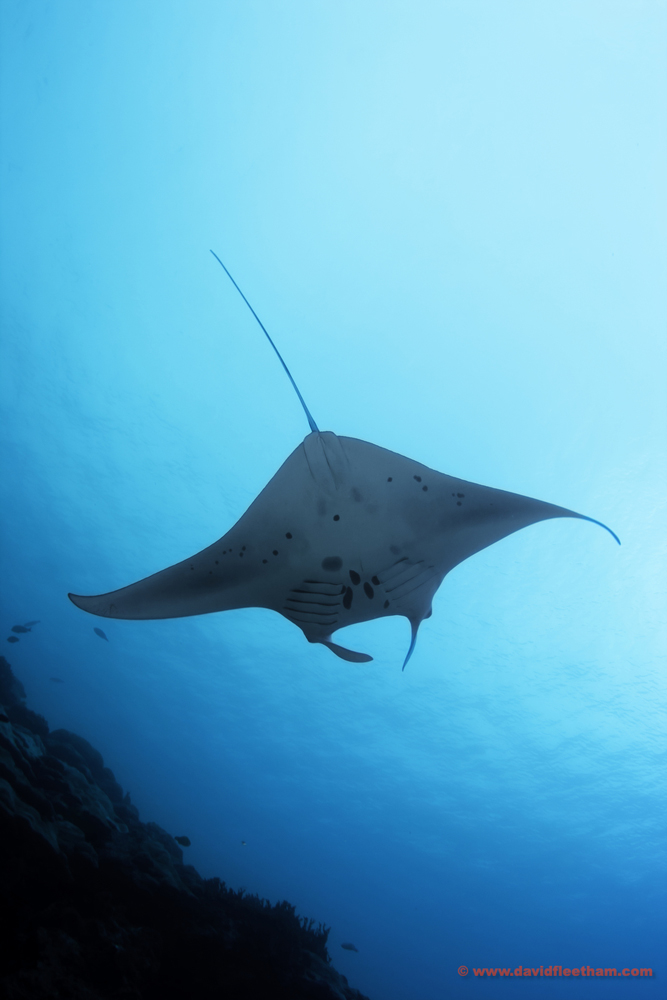
Manta ray, Manta birostris, gliding over a cleaning station in M’il Channel, Yap, Micronesia by David Fleetham
Divers around the world who had been guests at Manta Ray Bay in the past were invited to submit the names of candidates for the award by December 31, 2020. “We received nominations for 126 individuals from as far away as Germany, the U.S., Australia and Canada,” he said. “It was not easy choosing the winners but our committee of staff members took on the job and selected the 20 finalists.”
“While trying to choose the people to reward for their hard work during this Covid-19 crisis,” Bill added, “by reading the nominations we saw that every one of the nominees was doing things above and beyond the call of duty. Sadly, we don’t have the finances to offer over 100 free weeks in Yap, but we do want to recognize the contributions all of them are making to our world. So, we are offering the rest of the nominees a free week of diving in Yap which includes room, hotel tax, airport transfers, breakfast, diving and Wi-Fi. The only requirement is that they travel with at least three other people and stay in two rooms or more.”
“We do not yet know when Yap will open its borders,” said Bill, “but when it does, we will welcome these important guests to Yap to relax and dive with the manta rays and the other beautiful denizens of the ocean surrounding our island home. They are the true heroes of this devastating, historic time and we look forward to honoring them with a well-deserved dive vacation.”
Watch out for our exclusive trip report from a healthcare worker from the UK who is one of the 20 to have been awarded this amazing dive trip!
For more information on Manta Ray Bay and Yap Divers visit their website by clicking here.
News
Dive Worldwide Announces Bite-Back as its Charity of the Year

Over the next 12 months, specialist scuba holiday company Dive Worldwide will be supporting Bite-Back Shark & Marine Conservation with donations collected from client bookings to any one of its stunning dive destinations around the world. The independently-owned operator expects to raise £3000 for the UK charity.
Manager at Dive Worldwide, Phil North, said: “We’re especially excited to work with Bite-Back and support its intelligent, creative and results-driven campaigns to end the UK trade in shark products and prompt a change in attitudes to the ocean’s most maligned inhabitant.”
Bite-Back is running campaigns to hold the media to account on the way it reports shark news along with a brand new nationwide education programme. Last year the charity was credited for spearheading a UK ban on the import and export of shark fins.
Campaign director at Bite-Back, Graham Buckingham, said: “We’re enormously grateful to Dive Worldwide for choosing to support Bite-Back. The company’s commitment to conservation helps set it apart from other tour operators and we’re certain its clients admire and respect that policy. For us, the affiliation is huge and helps us look to the future with confidence we can deliver against key conservation programmes.”
To launch the fundraising initiative, Phil North presented Graham Buckingham with a cheque for £1,000.
Visit Dive Worldwide to discover its diverse range of international scuba adventures and visit Bite-Back to learn more about the charity’s campaigns.
MORE INFORMATION
Call Graham Buckingham on 07810 454 266 or email graham@bite-back.com
Gear News
Scubapro Free Octopus Promotion 2024
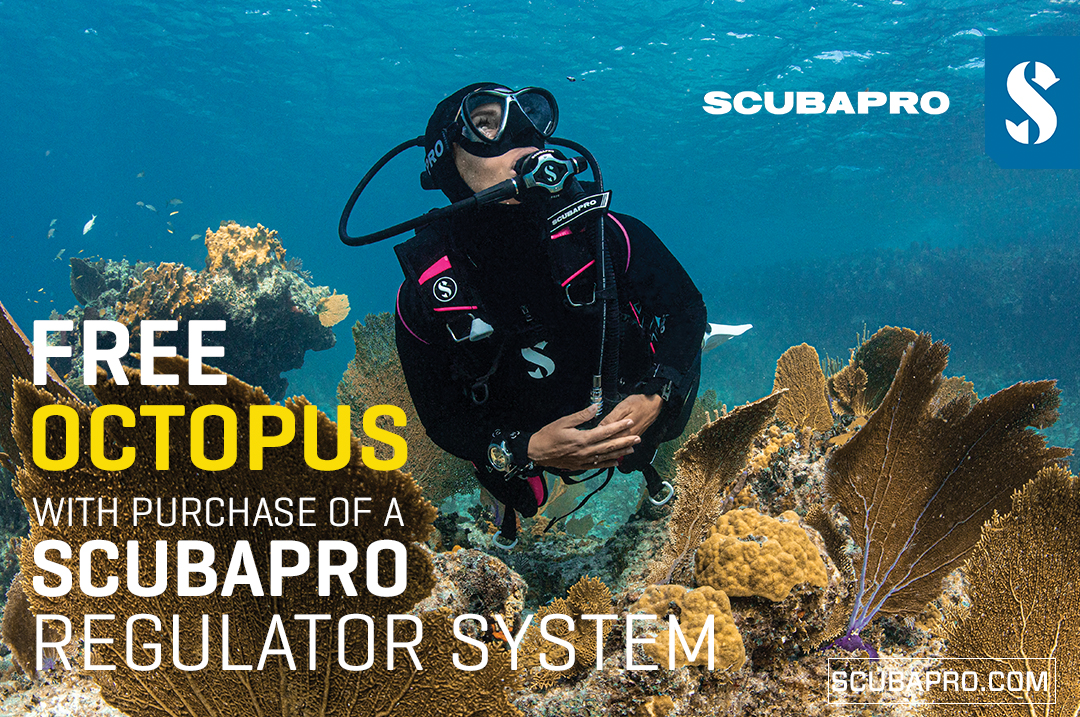
Free Octopus with every purchase of a SCUBAPRO regulator system
Just in time for the spring season, divers can save money with the FREE OCTOPUS SPRING PROMOTION! Until July 31st SCUBAPRO offers an Octopus for free
with every purchase of a regulator system!
Get a free S270 OCTOPUS with purchase of these combinations:
MK25 EVO or MK19 EVO with A700
MK25 EVO or MK19 EVO with S620Ti
MK25 EVO or MK19 EVO with D420
MK25 EVO Din mit S620Ti-X
Get a free R105 OCTOPUS with purchase of the following combinations:
MK25 EVO or MK19 EVO with G260
MK25 EVO or MK17 EVO with S600
SCUBAPRO offers a 30-year first owner warranty on all regulators, with a revision period of two years or 100 dives. All SCUBAPRO regulators are of course certified according to the new European test standard EN250-2014.
Available at participating SCUBAPRO dealers. Promotion may not be available in all regions. Find an authorized SCUBAPRO Dealer at scubapro.com.
More information available on www.scubapro.com.
-

 News3 months ago
News3 months agoHone your underwater photography skills with Alphamarine Photography at Red Sea Diving Safari in March
-

 News3 months ago
News3 months agoCapturing Critters in Lembeh Underwater Photography Workshop 2024: Event Roundup
-

 Marine Life & Conservation Blogs3 months ago
Marine Life & Conservation Blogs3 months agoCreature Feature: Swell Sharks
-

 Blogs2 months ago
Blogs2 months agoMurex Resorts: Passport to Paradise!
-

 Blogs2 months ago
Blogs2 months agoDiver Discovering Whale Skeletons Beneath Ice Judged World’s Best Underwater Photograph
-

 Gear Reviews2 weeks ago
Gear Reviews2 weeks agoGEAR REVIEW – Revolutionising Diving Comfort: The Sharkskin T2 Chillproof Suit
-

 Marine Life & Conservation2 months ago
Marine Life & Conservation2 months agoSave the Manatee Club launches brand new webcams at Silver Springs State Park, Florida
-

 Gear Reviews3 months ago
Gear Reviews3 months agoGear Review: Oceanic+ Dive Housing for iPhone


